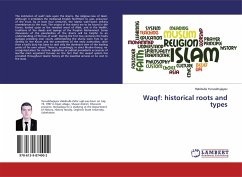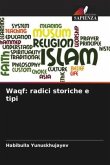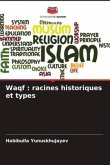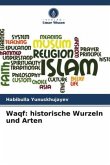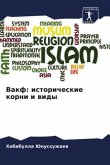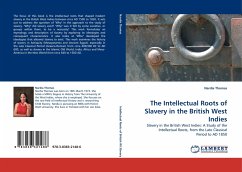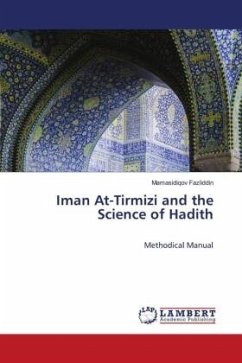The institution of wakf rests upon the shari'a, the religious law of Islam. Although it antedates the mediaeval English feoffment to uses, precursor of the trust, by at least four centuries, the Islamic wakf bears striking resemblances to the trust. The origins of the shari'a are to be found in the Koran, looked upon as the revealed word of Allah, and in the Hadith, traditions of the deeds and sayings of the Prophet Mohammed. Some discussions of the peculiarities of the shari'a will be helpful to an understanding of the law of wakf. During the first two centuries the hadis (judges) presiding over courts administering the shari'a were free to go directly to the Koran and the precedents of the early authorities; since then a kadi's duty has been to seek only the dominant view of the leading jurists of his own school. There is, accordingly, in strict Muslim theory, no recognized place for custom, legislation or judicial precedents as sources of lawThe main argument focuses on the fact that the awqaf system has provided throughout Islamic history all the essential services at no cost to the state.
Bitte wählen Sie Ihr Anliegen aus.
Rechnungen
Retourenschein anfordern
Bestellstatus
Storno

